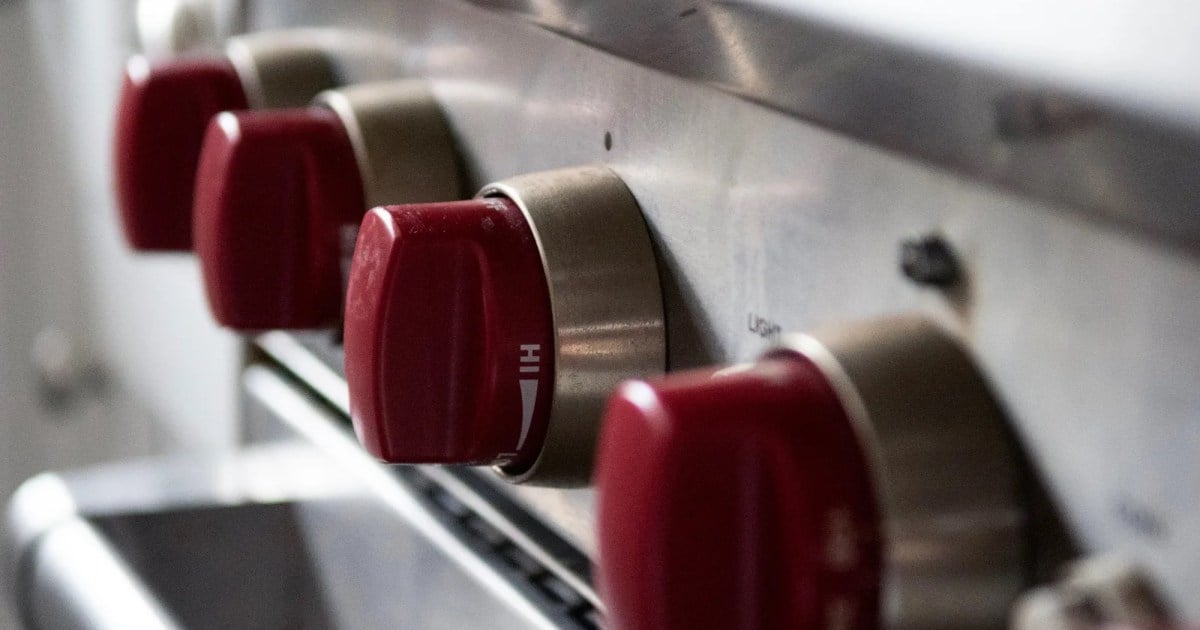246
Highlights: A study this summer found that using a single gas stove burner on
high can raise levels of cancer-causing benzene above what’s been observed from
secondhand smoke. A new investigation by NPR and the Climate Investigations
Center found that the gas industry tried to downplay the health risks of gas
stoves for decades, turning to many of the same public-relations tactics the
tobacco industry used to cover up the risks of smoking. Gas utilities even hired
some of the same PR firms and scientists that Big Tobacco did. Earlier this
year, an investigation from DeSmog showed that the industry understood the
hazards of gas appliances as far back as the 1970s and concealed what they knew
from the public. It’s a strategy that goes back as far back as 1972, according
to the most recent investigation. That year, the gas industry got advice from
Richard Darrow, who helped manufacture controversy around the health effects of
smoking as the lead for tobacco accounts at the public relations firm Hill +
Knowlton. At an American Gas Association conference, Darrow told utilities they
needed to respond to claims that gas appliances were polluting homes and shape
the narrative around the issue before critics got the chance. Scientists were
starting to discover that exposure to nitrogen dioxide—a pollutant emitted by
gas stoves—was linked to respiratory illnesses. So Darrow advised utilities to
“mount the massive, consistent, long-range public relations programs necessary
to cope with the problems.” These studies didn’t just confuse the public, but
also the federal government. When the Environmental Protection Agency assessed
the health effects of nitrogen dioxide pollution in 1982, its review included
five studies finding no evidence of problems—four of which were funded by the
gas industry, the Climate Investigations Center recently uncovered. Karen
Harbert, the American Gas Association’s CEO, acknowledged that the gas industry
has “collaborated” with researchers to “inform and educate regulators about the
safety of gas cooking appliances.” Harbert claimed that the available science
“does not provide sufficient or consistent evidence demonstrating chronic health
hazards from natural gas ranges”—a line that should sound familiar by now.
omg, is this for real? weird how recent conspiracy rumbling about gvmnt taking away gas stoves may have been covering for a real conspiracy. First I’ve read about benzene in stove fumes. Like cooking w/gas



Any time you combust hydrocarbons you create some incidental aromatics like cancer causing benzene. I don’t find the comparison to cigarettes too useful though.
Right. No one has been lying about this.
Everyone should know that being around burning things is bad. It’s not like the actual food you’re cooking is not also putting these things in the air, even on an electric stove…
This is why it’s so important to have (and use) a hood that vents to the outside. These used to be standard features in homes, but it’s increasingly common just to have a recirculating hood with a grease filter. If you’re in one o those kitchens, open a window.
From another news story posted here yesterday or the day before: vent hoods are not strong enough to get all the contaminants.
We don’t expect them to vent all contaminants but to reduce the density so they don’t cause significant harm.
If they don’t do that, its a regulatory failure.
It’s crazy how builders are even allowed to cheap out by building housing with a stove vent hood that only vents indoors. One of the first things I did on my house when I moved in was replace the vent hood with a higher flow one, add a booster fan inline with the duct work, and replace the flex duct with sheet metal ducting. I can’t imagine cooking without it and I don’t even cook with gas.